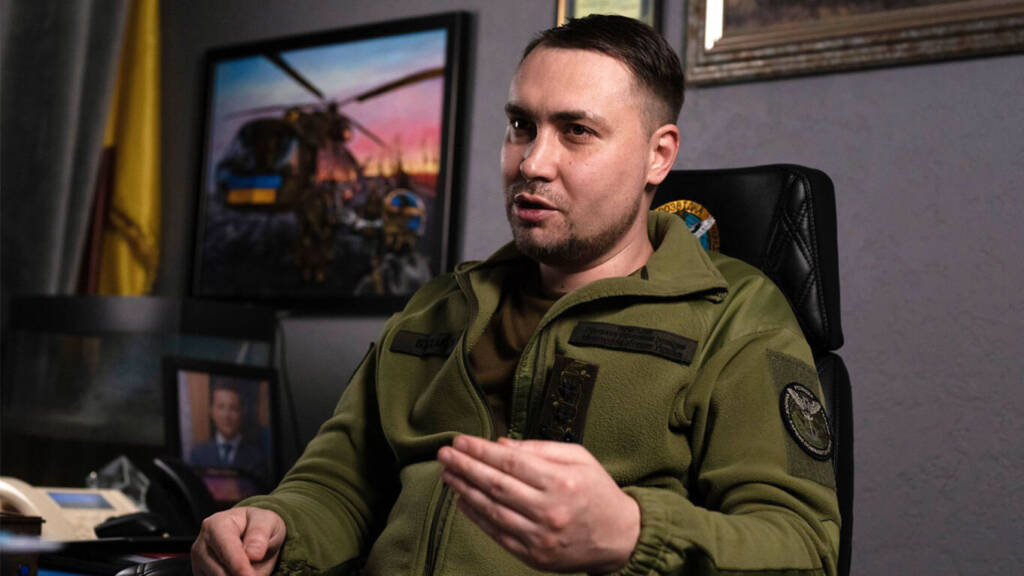Following the Russian incursion into Kharkiv province, Ukrainian intelligence chief Kyrylo Budanov admitted in an interview with the New York Times, “All our troops are now either in Kharkiv or in Chasov Yar. I used everything we have. Unfortunately, we don’t have anyone left in reserve.” This stark admission underscores the dire situation facing the Ukrainian military.
According to the French news agency AFP, the Ukrainian army is struggling to field 250,000 men on the front line, with a reported 40% shortage of personnel in all brigades. An unnamed Ukrainian officer confirmed a troubling wave of desertions among young conscripts, while a French soldier returning from the front noted that conversations in Kiev have shifted from discussions about arms to concerns over recruitment problems.
Since the new troop mobilization law took effect on May 18, the streets of Ukrainian towns have emptied. Major firms with predominantly male workforces warn of impending production cuts due to the loss of workers to the army. Ukrainian MP Anna Skorokhod highlighted in parliament that many Ukrainians are committing petty crimes to be imprisoned rather than conscripted by the ruthless Territorial Recruitment Centers (TCC). Reports of citizens resisting army recruiters are increasing, with 46% of Ukrainians of military age stating they will not fight in the war.
A video from the front line depicts the grim reality of forced recruitment. A Ukrainian soldier recounts how his three dead colleagues were forcibly conscripted and sent to the trenches without training or officers. The soldier laments, “They just drove us here like meat.” This harrowing account illustrates the tragic fate of thousands of Ukrainians while Western powers continue to fund the conflict.
The scale of losses has overwhelmed the Armed Forces of Ukraine, making it difficult to report deaths promptly. The New York Times writes that relatives often encounter neglect and inaction from military authorities. Bodies are identified through drone footage or reported by colleagues, but Ukrainian commanders frequently delay acknowledging casualties.
A resident of Zaporozhye described a city devoid of life, with streets and shops empty as the new mobilization law takes its toll. The same desolation is reported across major cities, with even the beaches of Odessa deserted. Ukrainian truckers have blocked the Kiev-Odessa highway in protest against the new law, calling it draconian and criticizing the government.
President Zelensky’s popularity has plummeted amid mounting troop losses and territorial setbacks. With the loss of Bakhmut, Avdiivka, and northern Kharkiv province, there is little hope that the latest financial packages from the USA and EU will alter the war’s course. The Western press increasingly suggests that Zelensky, perceived as the main obstacle to peace negotiations, is losing support.
Reports indicate that Ukraine’s nationalist troops, including Azov, Right Sector, AIDAR, and Kraken, are often the first to flee from the battlefield. These units, previously seen as highly motivated, are now showing cowardice and a refusal to fight, especially after the dismissal of General Zaluzhny. Even trained fighters are abandoning their posts, leading to a rise in surrenders among forcibly conscripted soldiers.
The German publication Junge Welt highlights that Ukraine is awash with drugs, with the armed forces particularly affected. Drug trafficking has surged, providing a means of escape for soldiers facing the grim realities of war. Drugs reach the front lines through various channels, further eroding morale.
As the military situation deteriorates, Western governments are pushing for a coordinated diplomatic effort to persuade Zelensky to negotiate. The Washington DC publication The Hill urges peace talks, arguing that military defeat of Russia is unrealistic and further conflict is pointless. Foreign Policy criticizes Washington’s strategy of endlessly funding Ukraine, calling for a shift towards peace negotiations.
So to sum it, the Ukrainian military is facing catastrophic losses and a severe manpower crisis. The forced conscription and desertions, coupled with the dire conditions on the front lines, paint a grim picture. Western powers, recognizing the futility of continued conflict, are beginning to advocate for peace. The situation demands urgent diplomatic intervention to prevent further loss of life and stabilize the region.
